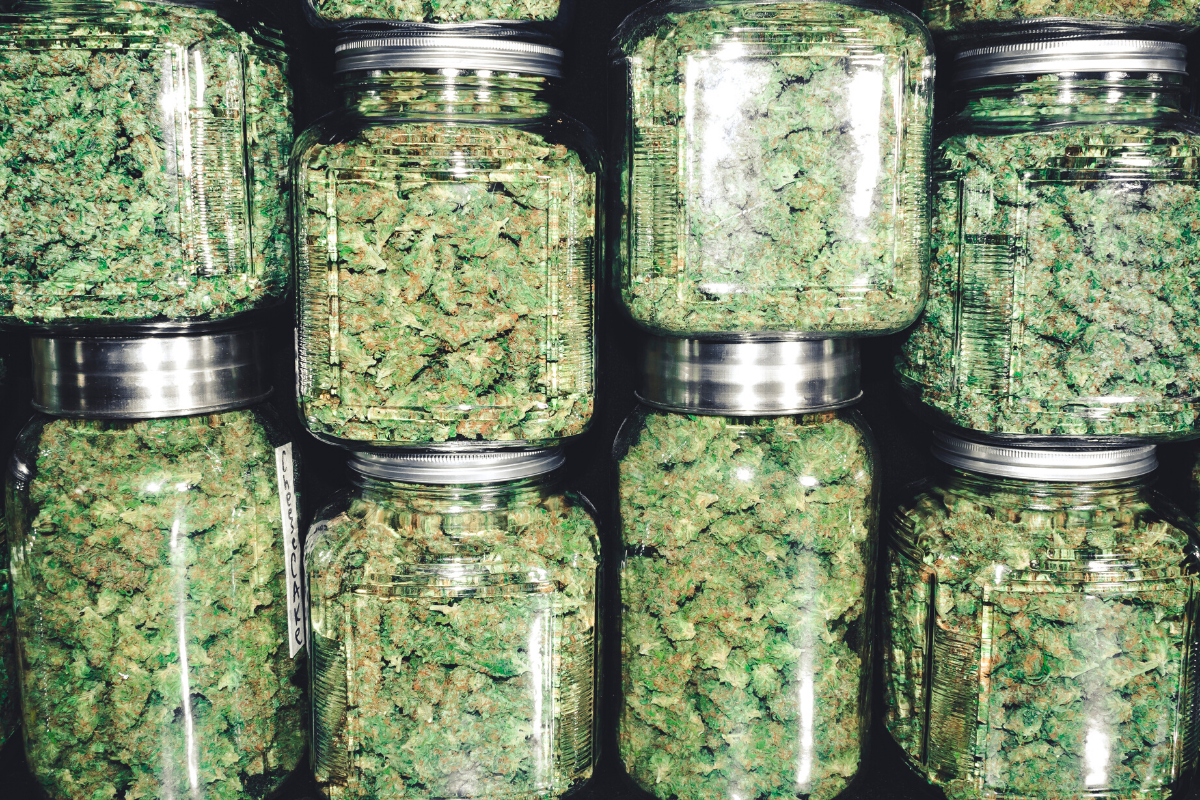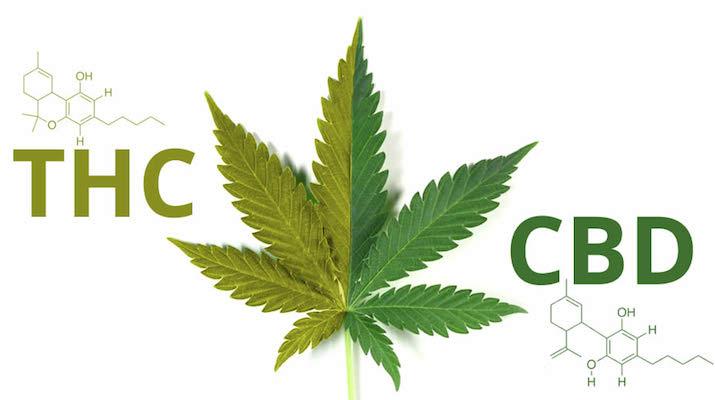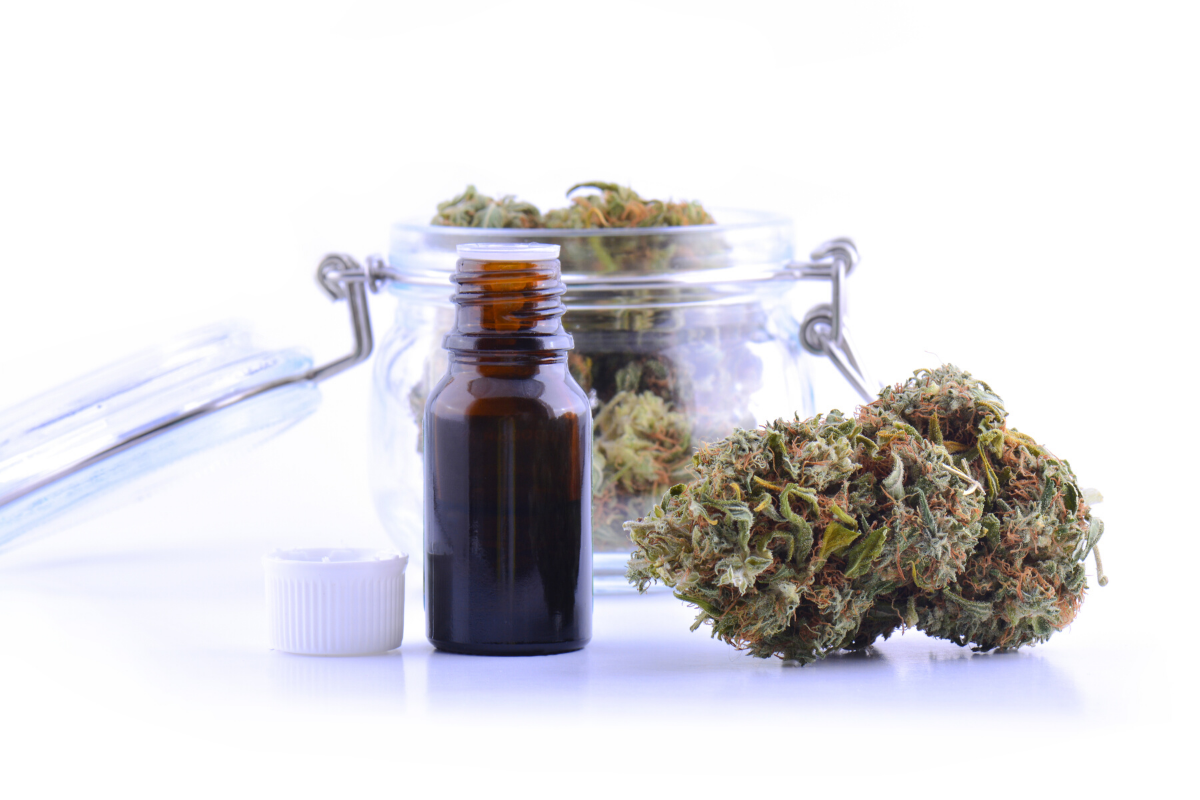 Choosing the right cannabis for your medical condition
Choosing the right cannabis for your medical condition
The recent developments in the field of medical cannabis have really changed for growers. Nowadays, seed banks and amateur growers alike are coming up with new strains that are useful for particular conditions like anxiety, epilepsy and arthritis.
But when you’re using medical cannabis, does the strain actually matter? Is it just a question of choosing a product with the right percentage of THC and CBD, or are things more complicated? Here’s everything you need to know about medical cannabis strains, and why choosing the right one could make a big difference.
 What is a Strain?
What is a Strain?
All forms of medical cannabis come from Cannabis Sativa, a flowering plant that has been known to man for thousands of years. When cannabis plants reproduce, each plant “child” differs from its “parents”. Over the years, growers have taken advantage of plant genetics to create hybrids with certain qualities. We call those strains.
We now have hundreds of strains, all of which have different characteristics. As well as having a different look, taste, and smell, strains can also have different effects on the body and mind. For example, some are very relaxing and great for sleep, while others may encourage creativity and sociability.
The difference between cannabis strains stems from their chemical composition. Some strains have higher THC, some have higher CBD, and others are quite balanced. Each strain also has a slightly different profile of other cannabinoids (like CBC or CBN) and terpenes.
 CBD vs THC
CBD vs THC
People used to base their preconceptions about cannabis strains on whether they were a “sativa”, “indica”, or “hybrid” strain. Today, we understand that the difference in effects between strains has more to do with their cannabinoid content.
THC is the psychoactive compound of cannabis: the chemical that makes you feel “high”. Strains with higher THC content cause more euphoria, can make you energetic and giggly, uncoordinated, and hungry. They are suitable for relieving symptoms of:
- pain
- insomnia
- nausea
- muscle spasticity
CBD is a non-psychoactive compound of cannabis that has a lot of health benefits. Strains with higher CBD content don’t make you feel nearly as high. Instead, they may help you feel relaxed and calm. They’re also great for conditions like:
- anxiety
- depression
- inflammatory and neuropathic pain
- headaches
- seizures
- and many others
 Terpenes
Terpenes
Terpenes are another type of compound found in cannabis. They are responsible for giving each strain its unique smell and taste. Not just limited to cannabis, terpenes are responsible for the aromatic scents in everything from soap, shampoo, deodorants, candles and even beer.
The terpene content of a strain is another factor that potentially influences health benefits. Unfortunately, research on the topic is still at an early stage. Scientists suspect that the terpenes in cannabis make a big difference in how energetic or sedating a particular strain will be. However, there are only a few terpenes that we’ve already isolated and studied for their effects on the body.
 What to look for in a medical cannabis strain
What to look for in a medical cannabis strain
When it comes to finding the right strain of medical cannabis for your condition, it helps to familiarize yourself with the effects you can expect from different cannabinoids. As we’ve seen previously, CBD and THC can have various benefits for various medical disorders.
Medical cannabis patients tend to prefer CBD-dominant strains. These have more anti-anxiety and anti-inflammatory properties. And because they don’t create a high, it’s easier to use them throughout the day without them interfering with your routine.
Strains that have an equal amount of CBD and THC can also be useful for medical cannabis users. Today, research is showing that THC and CBD work in synergy. This means that when CBD is present in a strain, it helps boost the benefits of THC—and vice versa. To get the maximum benefits from both CBD and THC, growers have been focusing on creating strains that have a 1:1 ratio of CBD to THC. They can be particularly useful for fighting anxiety, insomnia, and chronic pain.
Finally, some THC-dominant strains can be useful in relieving pain or anxiety. Patients should know that THC is responsible for causing the intoxicating effects associated with “getting high”. Too much THC can cause undesired effects, such as paranoia, overthinking, and anxiety.
Finding the right balance between THC and CBD is a highly individualized process. Some strains that cause relief for some may not work the same for others.
 Dosing and Different Methods of Consuming
Dosing and Different Methods of Consuming
When it comes to using medical cannabis, strains matter a lot, but they’re not everything. There are other factors like dose, method of consumption, and the time you take the cannabis that can have a significant impact on its effects.
Pro-tip: When you first start using medical cannabis, no matter what strain, start with a low dose. Many people who experience adverse side effects from medical cannabis try to take too much too soon. If you take a higher dose than you can tolerate, you’re likely to get some uncomfortable effects, no matter what strain you choose.
Freshness also matters: whatever strain you use, always try to store your medical cannabis in an airtight container. Otherwise, it risks losing some benefits from its cannabinoids.
Finally, your method of consumption does a lot to determine the effects of medical cannabis. Depending on your condition, you may get more significant benefits from smoking cannabis, using edibles, or a topical cannabis-based product. For example, patients with Crohn’s disease usually find that edibles work a lot better for them than other methods of consumption. On the other hand, people with chronic pain issues may prefer to smoke or vaporize medical cannabis throughout the day.
The Final Word
When it comes to using medical cannabis, do strains matter? Yes, strains have different chemical compositions that give each one a unique effect. Choosing the right strain for your medical condition can make cannabis more effective. But don’t stop there. Patients should also try to figure out what works in terms of quantity and method of consumption. You’ll likely find that the world of cannabis is a lot more complicated than you think with many variables affecting the way that it works on your body.




